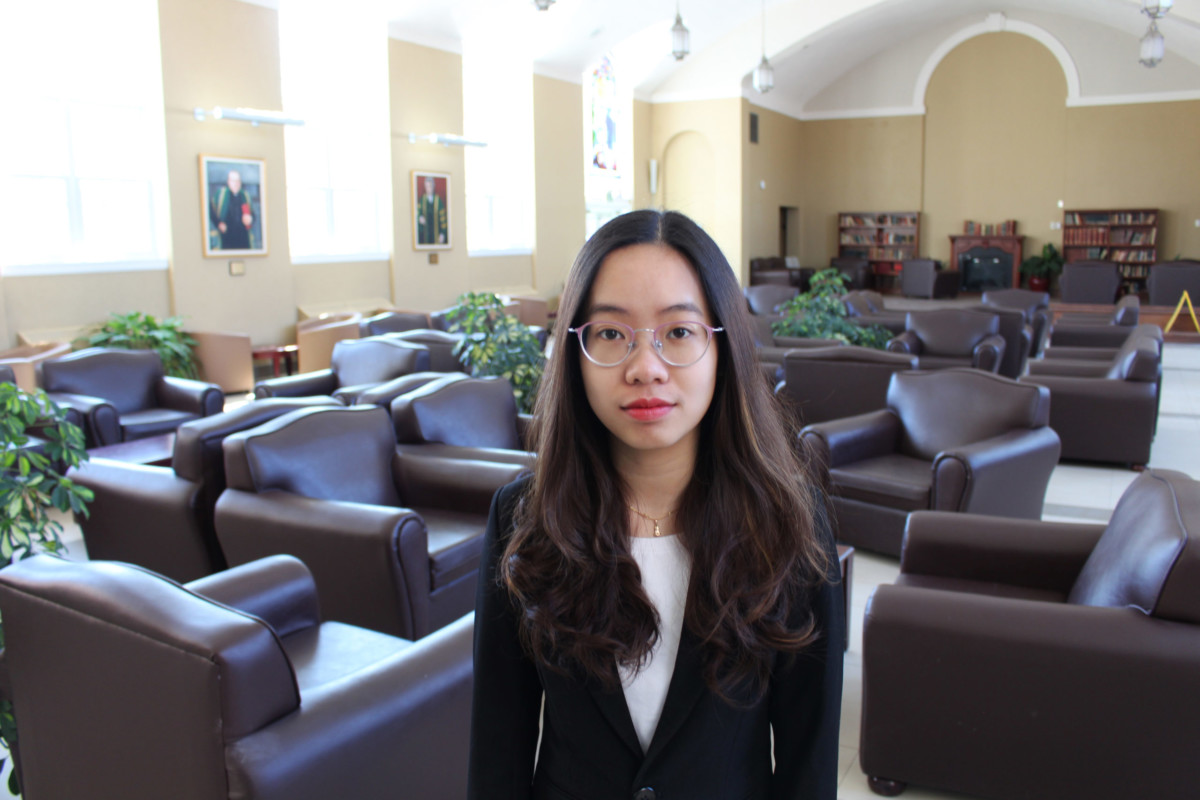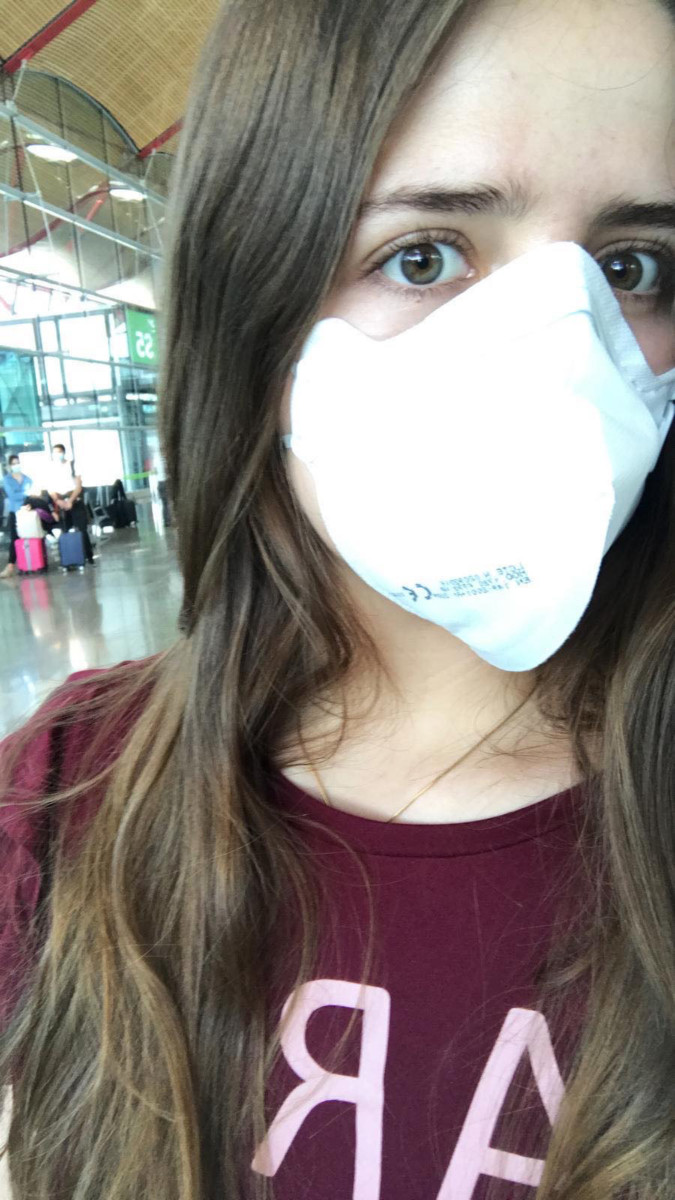Everything seemed to be fine on Monday for St. Thomas University exchange student Maria Caicedo. She went to class at her university CEU San Pablo and later went to a free concert in the city and got coffee with her friends.
Caicedo is a STU student from Colombia. She had been participating in an exchange program to Spain since August 2019 and was scheduled to return in May.
As she sipped her coffee, a notification on her phone on that same day marked the start of the end of normalcy. The government announced all schools and universities were going online until after Easter, when they would re-evaluate the situation.
“Everyone started freaking out. All the students who weren’t from Madrid, they all left the next day …All the people I know right now are in their home countries,” she said.
A similar situation is happening in Fredericton. St. Thomas University, Université de Moncton and the University of New Brunswick have all moved their classes online. New Brunswick Community College and Mount Allison University have cancelled classes for the rest of the semester.
With multiple borders closing per day now, international students are trying to fly home to be with their families. Caicedo said she received an email from STU while in Spain saying they were aware of the situation and it was up to the students to go home or not.
After she received the email from the Spanish government, she had to cancel her residence contract, cancel her gym membership, talk to her university about contingency plans and get on a plane to go home to Colombia, all within a couple days.
She booked a plane home on Wednesday and was told to arrive at the airport four hours in advance. When she got on her flight the plane was packed with people who were wearing masks and gloves. She made it out on Friday just before Spain put the country in lockdown and declared a state of emergency.
“It actually felt like the apocalypse or something and they just declared a state of emergency in Spain so people are not allowed to leave their houses anymore.”
Third-year economic honours student Giao Dang said her mom doesn’t want her to return to her home country of Vietnam. Although she said the virus is well-contained in Vietnam with only 57 cases as of March 15, the plane would have to make stops in places such as China or Japan, where the virus is worse.

“Right now there are 11 countries that if you go through or you are from those 11 countries, then you will be quarantined immediately after landing in Vietnam.”
She said she freaked out when in-person classes were cancelled at STU.
“I feel like nowhere in the world is safe now. At first I thought New Brunswick would be my decent shelter but it doesn’t seem like that anymore.”
She thinks most international students she knows decided to stay.
“Most of them are just like me, they have to transit in a third country and that third country is not necessarily safer.”
For now she has no plans for the summer and is keeping up with the news to figure out what her next plans will be.
As for Caicedo, she is in self-isolation in Colombia at her family’s home. The Colombian government mandated that people who travel from certain countries, including Spain, must quarantine themselves in their house for 14 days after arrival.
“I’m tense just because I don’t know if I’m infected. I hope I’m not but if I am, it’ll be scary for my family.”
Her family is taking precautions, like wearing face masks, in case Caicedo is infected with COVID-19. She said she hasn’t shown symptoms yet.
She said she is still in shock about how fast everything happened.
“The first few cases, everyone was laughing about it … After this Monday, like you would go out in the streets and it will be empty.”

